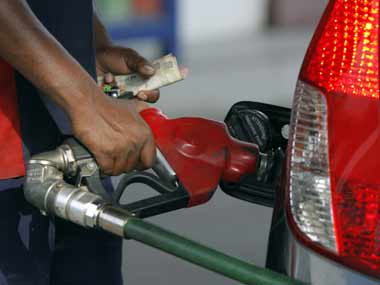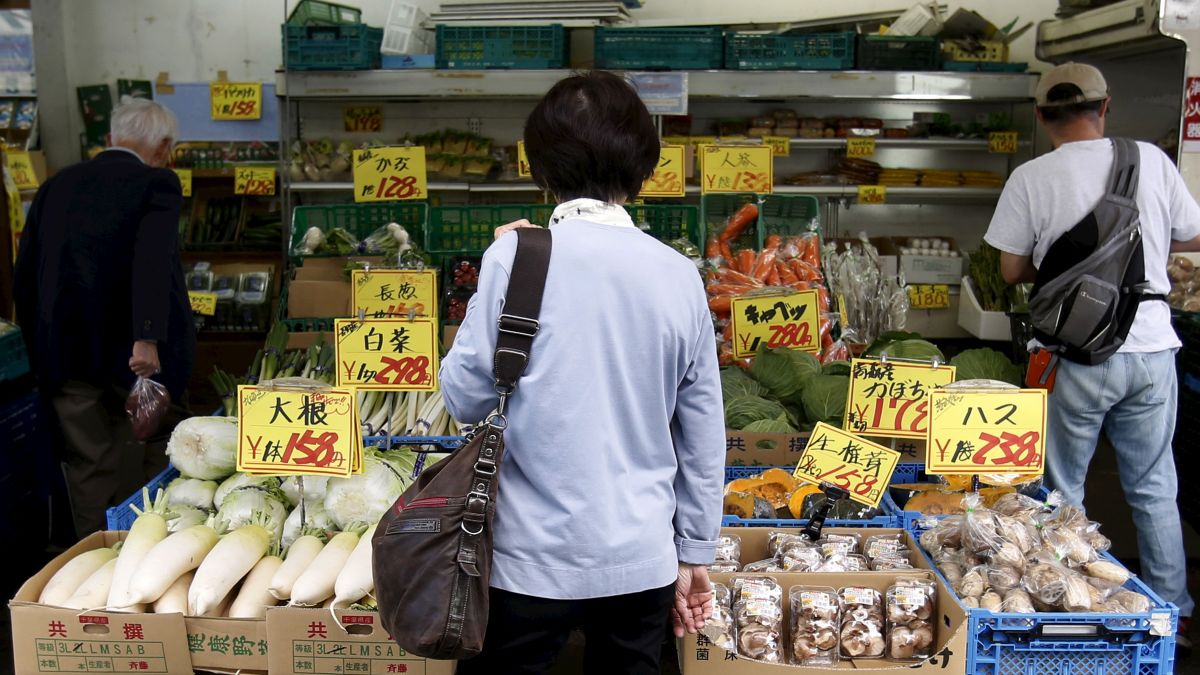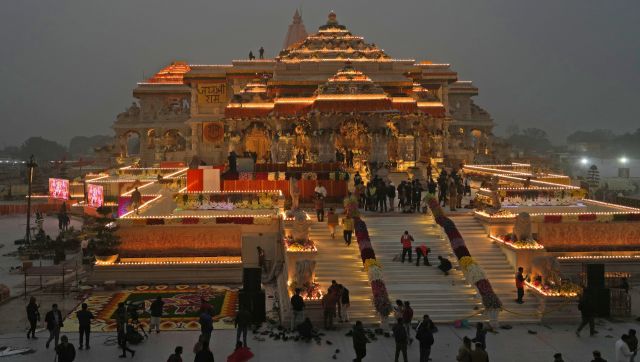Well, petrol prices have finally been raised by Rs 1.80 per litre, the second hike in as many months.
For those of you planning to buy a car, petrol-engines ones might practically be out of the question. But if you think a diesel car will be more cost-effective because the fuel cost is so much cheaper, think again, because a diesel price hike might be next.
The government is mulling a proposal to impose a “hefty” tax on diesel cars, which will raise the price of these models, as well as increase the price of diesel at the pump, according to reports in The Economic Times and Business Standard .
Diesel prices are still fixed by the government, while petrol prices were freed from price controls in June 2010. Petrol prices have been raised more than 10 times since then, while this will only be the second increase for diesel in the current financial year that started in April.
Given the increasingly dire state of oil marketing companies (both Bharat Petroleum and Hindustan Petroleum reported net losses for the September-ending quarter; Indian Oil is expected to do the same next week) and the precarious fiscal state of the government, it looks increasingly likely that the proposals will go through, despite political resistance.
There’s also a proposal to raise domestic LPG prices and an empowered group of ministers (EGoM) is expected to take a decision on raising both diesel and LPG prices later this month.
There are two important consequences of the possible diesel car tax and price hike.
One, they will almost certainly affect the decisions of potential buyers who’ve been eyeing diesel cars because of the cheaper fuel cost, especially if the hike is steep. That, in turn, will affect car companies, which have been boosting diesel car production to counter the impact of plunging petrol car sales.
The current car market is driven by petrol-engine car sales, which claim about roughly 67 percent share of the market. Overall car sales have crashed in recent months as buyers, harassed by high fuel costs and high interest rates (up to 80 percent of car purchases purchased with bank loans), stayed out of showrooms.
Even the launch of a slew of new models and other freebies weren’t enough to boost demand during the festival season, with car sales sinking to their lowest level this year in October.
The only silver lining has been that sales of diesel variants of different models have continued to increase. However, since the share of diesel cars in total output is relatively small for most auto companies (barring Mahindra and Mahindra, whose models are mostly diesel), they’ve struggled to cope with demand. Indeed, most diesel car models have long customer waiting lists of up to three months.
So far, it was advantage diesel, but a high car tax or price hike will give both car buyers and companies reason to mourn.
Two, let’s not forget the effect a diesel price hike will have on inflation. According to one estimate, a one-rupee hike in diesel prices can cause a 12 basis-point jump in the wholesale price index (100 basis points make up one percentage point). If LPG prices are raised by Rs 50 per cylinder, it will add another 11 basis points to the WPI.
Of the three regulated petroleum products (diesel, LPG and kerosene),diesel has the highest weight (4.7 percent) in the WPI, followed by LPG (0.9 percent) and kerosene (0.74 percent).
A diesel price has a greater effect on the economy than a petrol price hike because it is the fuel used by industry as well as by the transport industry. If diesel prices increase, they will feed through to the economy by raising the cost of transportation. When the cost of transporting food rises, the retail prices of foods will increase. A _Firstpost_ article also recently noted how high food inflation is here to stay.
Unless some other counteracting measures come into effect, it looks like overall inflation, which has been above 9 percent since January, will continue to hover at those levels.
While deregulating prices, in theory, is a good idea because it allows the free forces of supply and demand to decide prices, the potential hikes are still gloomy news for both car buyers and the economy.
Watch the CNN-IBN report:
)
)
)
)
)